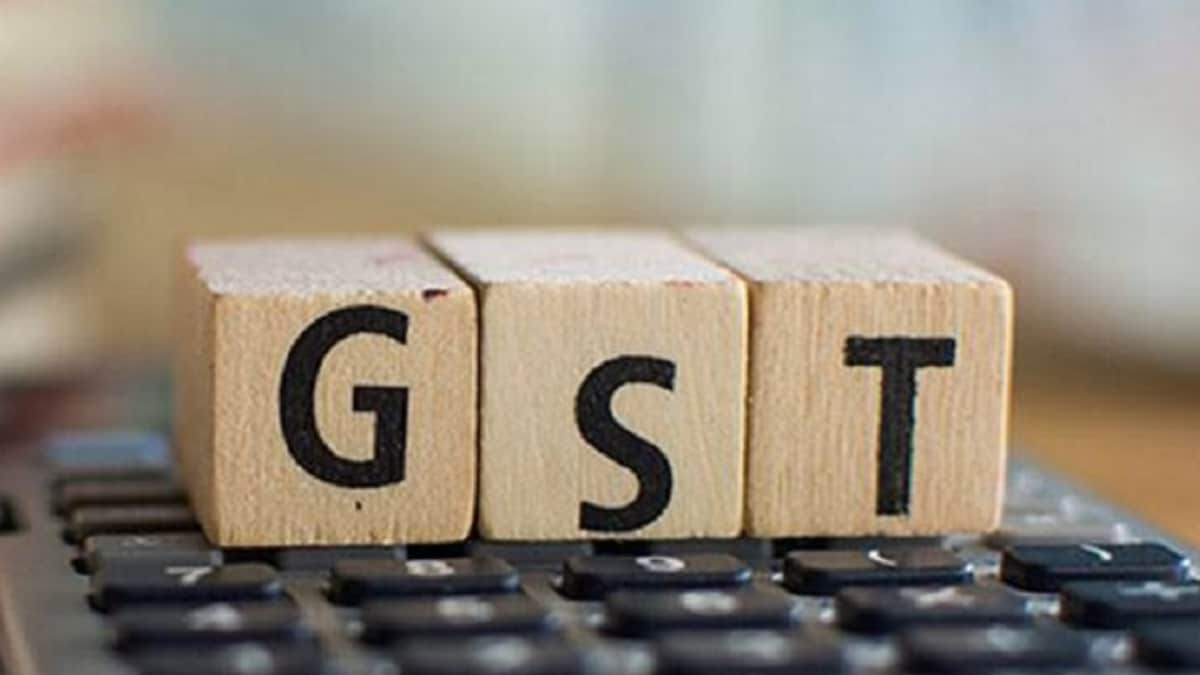The 54th GST Council meeting is set to discuss crucial issues impacting various sectors of the Indian economy. Key areas of discussion include taxation on insurance premiums, online gaming, and the ongoing crackdown against fake GST registrations.
Taxation on Insurance Premiums: A Call for Relief
The GST Council is expected to deliberate on the current 18% GST rate levied on life, health, and reinsurance premiums, with a focus on potentially reducing the tax burden on health insurance and even exempting certain categories, particularly senior citizens.
The Affordability Issue
The high GST rate on insurance premiums has been identified as a significant factor contributing to low insurance penetration in India. Despite being the world’s most populous country, India lags behind in per capita life and medical insurance coverage compared to developed nations like the UK and the US. This discrepancy emphasizes the urgent need for affordability improvements, making the potential reduction or exemption of GST on life and health insurance premiums a key expectation from the council meeting.
Potential Impact of Exemption
While a complete exemption of GST on insurance premiums might face challenges for the industry due to potential Input Tax Credit (ITC) reversals under the GST rules, a significant reduction in the GST rate is seen as a positive step. Reducing the rate from 18% to a lower rate, such as 5% or even 0.1%, would alleviate the tax burden on both insurers and policyholders, thereby promoting wider insurance adoption and ultimately contributing to the nation’s financial well-being.
Online Gaming: Maintaining the 28% Tax Regime?
The Council will be reviewing the impact of the 28% GST imposed on online gaming platforms and casinos from October 1, 2023. This discussion will be informed by a status report on GST revenue collection from the online gaming sector before and after the tax rate change.
Taxation and Gaming: A Long-Standing Debate
Prior to the implementation of the 28% GST, many online gaming companies argued for differential tax rates based on games of skill and games of chance. This led to ambiguity and inconsistent tax practices within the sector. However, the Council’s clarification in August 2023 solidified the 28% tax rate, further clarifying the legal framework through amendments to the Central GST law.
A Time for Evaluation
The review following the six-month implementation period will determine the effectiveness of the current taxation approach. While a change in tax rates is considered unlikely, the Council will examine the revenue generated and the overall impact on the sector’s growth and compliance.
Combating Fraudulent GST Registrations
The 54th GST Council meeting is anticipated to discuss the progress of the ongoing drive against fake GST registrations, which has been in place since August 16, 2024. This includes details on the success of the drive, the action taken against fraudulent entities, and the suspected total amount of GST evasion.
Targeting Fraudulent Activities
The drive, which has two phases, aims to detect suspicious or fake GST Identification Numbers (GSTINs) and conduct verification processes. This is crucial for safeguarding the integrity of the GST system and preventing revenue leakage.
Previous Results: A Focus on Improvement
The first phase of the drive, between May 16 and July 15, 2023, led to the identification of 21,791 entities with fake GST registrations. This resulted in the detection of approximately Rs 24,010 crore in suspected tax evasion. The ongoing drive aims to build upon these findings and further strengthen efforts to combat fraudulent activities within the GST ecosystem.
A Focus on Transparency and Compliance
The 54th GST Council meeting is set to delve into critical issues that shape the future of the Indian tax landscape. The discussions surrounding taxation of insurance premiums, online gaming, and fake GST registrations will have a lasting impact on the economic landscape, shaping the trajectory of these sectors. By addressing these matters, the GST Council is working towards a more transparent, efficient, and compliant GST environment for both businesses and individuals.
Take Away Points:
- The GST Council’s deliberations on insurance premiums and online gaming are crucial for enhancing affordability and promoting responsible growth within these sectors.
- The ongoing drive against fake GST registrations highlights the Council’s commitment to maintaining the integrity of the GST system and preventing tax evasion.
- The outcome of the Council’s discussion is likely to impact policy and regulatory frameworks, influencing various sectors and the broader economic landscape.




